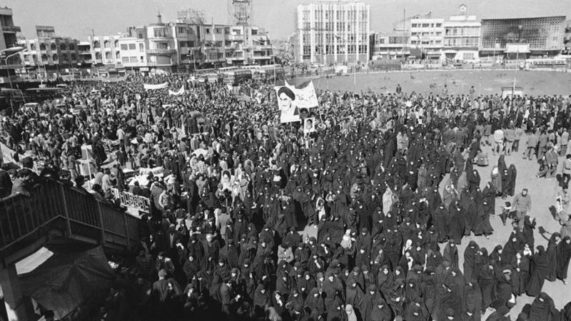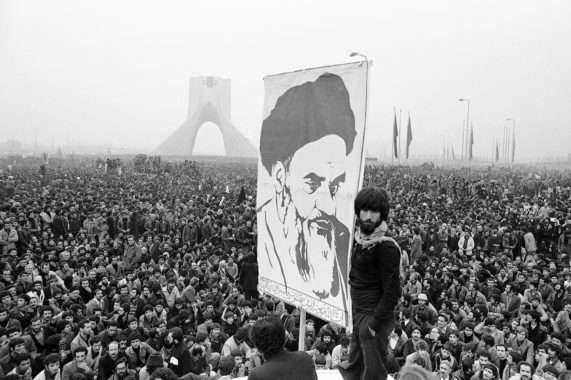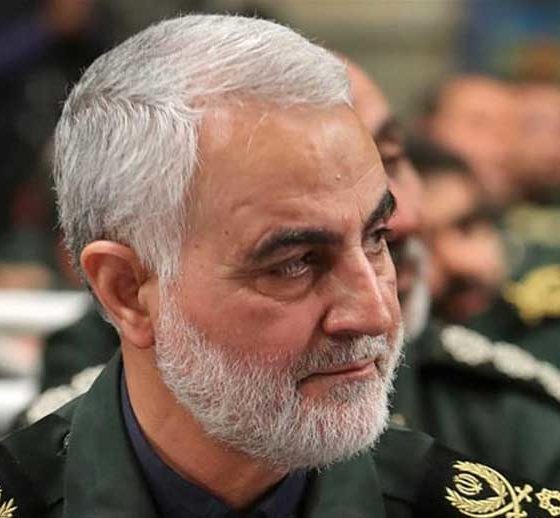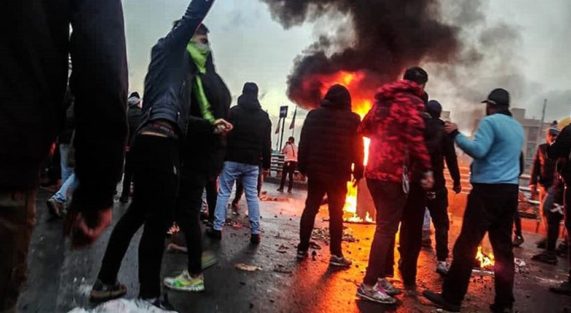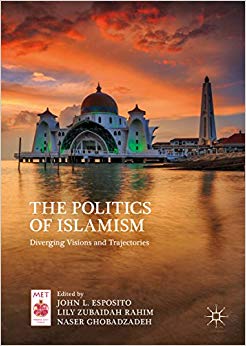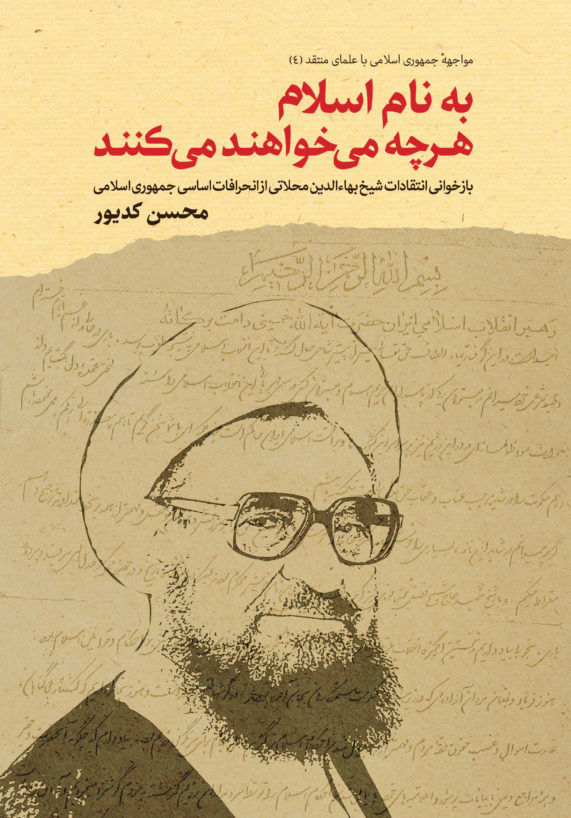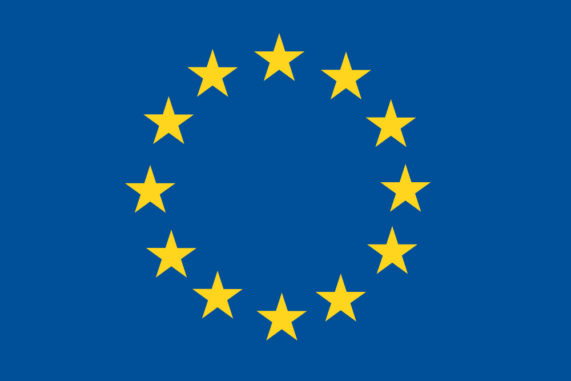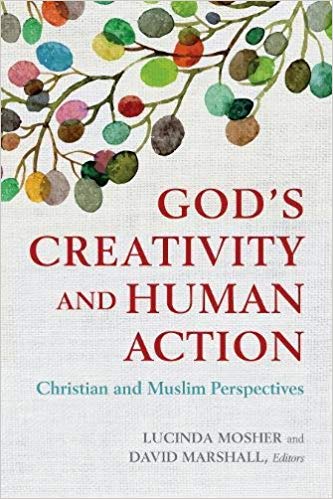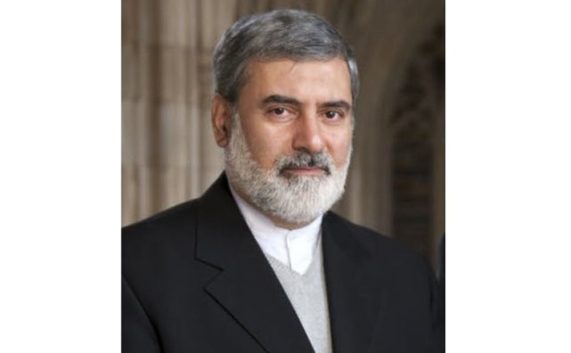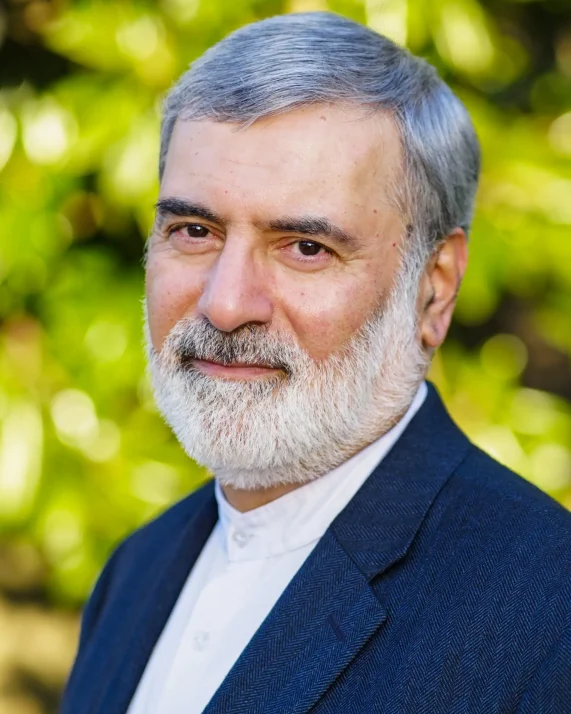Khomeini’s political theory of the absolute appointive guardianship of the jurist council was based on several problematic prerequisites or hypotheses: 1) The teachings of Islam could not be practiced completely unless political power was held by the jurists. 2) The establishment of an Islamic State as the necessary premise of implementing Shari’a. 3) Shari’a as Islamic law as state law. 4) Jurist ruler can make any law or suspend any law including Shari’a rulings for the purpose of public interest or regime protection. It is absolutely wrong theoretically and practically.



